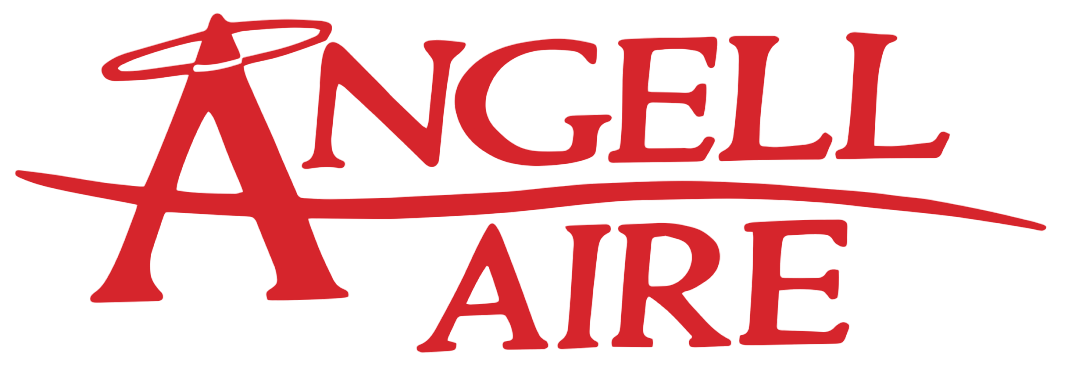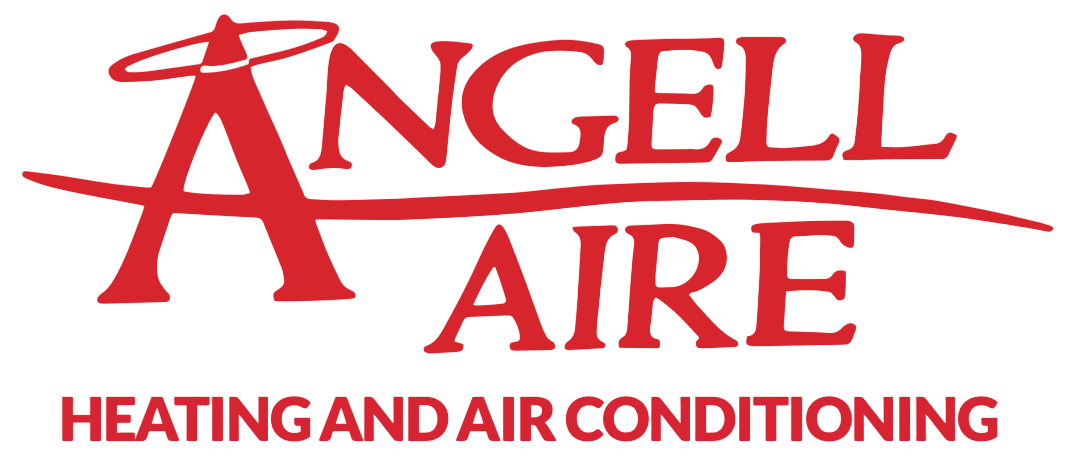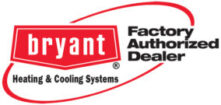What You Need To Know About HVAC Replacement Costs
Most homeowners don’t have to replace their HVAC systems often. Properly installed, an HVAC system may last the entire life of your home – and provide you with consistent cooling and heating performance.
But life isn’t perfect. There’s always a chance that your HVAC units will fail. If this happens, it can be hard to know where to start when it comes to replacing your system – and understanding the costs behind HVAC replacement is equally difficult.
If your HVAC system has failed, and you need to determine how much a new one will cost, we’re here to help. In this article, we’ll examine the steps you should take to understand the price of a new HVAC system, and help you get the HVAC replacement that you need!
Step 1 – Understand Your System
Most HVAC systems make use of two primary components – a central air conditioner and a gas forced air furnace.
Your central air conditioner is the unit that is outside of your home. Within this unit, a fan, condenser coil, and compressor work together to cool hot air, and this is sent through refrigerant tubing into the air ducts of your home.
A gas forced air furnace is similar in function, but used for heating. Cool air is pulled from ductwork in your home into the furnace, where a gas heating element heats it up. A blower then forces this air back through a separate set of ductwork, where it can heat your home.
This is the most inexpensive and effective HVAC system, it’s the most common in new homes. Because of that fact, this is the HVAC system that we will primarily be discussing in this article.
Step 2 – Make Sure You Actually Need A New HVAC System
If your furnace or air conditioning unit is no longer functioning, that’s a very good sign that you need a new one. However, there are other reasons you may want to consider investing in a new HVAC system – before it fails entirely.
- Your air conditioner is more than 10 years old – Your HVAC system should be inspected regularly after it reaches 10 years old, as the rate of failure increases dramatically after this point.
- Your furnace is over 15 years old – Furnaces and boilers require regular maintenance after 15 years of use, and could be at risk of failing entirely.
- Regular equipment breakdowns – While many HVAC issues can be repaired, it is usually a better idea to replace outdated equipment if it breaks down regularly.
- Uneven air flow, heating, or cooling – Uneven airflow can be a sign of equipment malfunction or poor quality ductwork. The same goes for poor heating or cooling performance – especially if these issues occur regularly and are not solved by equipment maintenance.
- Humidity problems – Your HVAC isn’t just responsible for maintaining a steady temperature. It’s responsible for controlling interior humidity.If your HVAC system maintains a high humidity level, you’re not just going to be uncomfortable – you could be susceptible to expensive issues like black mold and mildew, and structural wood decay. High humidity issues are a sure sign that your HVAC system has failed – or is failing.
If you’re suffering from these issues, it’s best to consult with an experienced HVAC technician. They can diagnose the problem, and recommend the solution that’s best for your needs and your budget. It could be a simple issue that’s inexpensive – or you may need to replace your entire HVAC system.
Step 3 – Do Your Research
If you’ve consulted with an HVAC technician, you should have all of the information that you need to help you understand the cost of HVAC replacement, including:
- Size of equipment (cooling, heating power in BTUs)
- Efficiency levels
- Blower type (single-speed, two-stage, variable)
- Configuration of home
- Location of home (different municipalities have different ordinances/building codes)
- Retrofitting/repair vs. new construction
- Cost of installation
Because there are so many variables, it can be hard to do your own research to understand the cost of an HVAC system replacement – and the vast majority of the cost will be spent on the installation of your new HVAC system, not just on equipment.
To truly understand the cost of replacing your HVAC system, you must consult with a technician who visits your home, understands your needs, and can provide you with an informed quote – don’t trust anyone who offers “online” or “by-phone” HVAC estimates. These are not real quotes – they’re sales pitches.
And while it’s impossible to estimate the cost for your particular situation, we can provide you with some “rule-of-thumb” guidelines.
According to Angie’s List, the average cost of replacing a central A/C unit was between $4,000-$6,000 – but large units could cost as much as $10,000 to purchase and install.
Similarly, a natural gas furnace will cost around $2,250-$3,800 to replace, though large and complex systems could run in excess of $10,000 if ductwork repair or replacement is required.
Bottom line? Replacing your HVAC system isn’t cheap – so you’d better be sure you’re partnering with the right HVAC company.
Step 4 – Get An Estimate From A Professional
Only a professional HVAC technician is truly qualified to analyze your HVAC systems and perform repairs and maintenance – and if you think you need to replace an HVAC system, you should turn to a professional.
You can’t just select a new furnace or air conditioner on your own, install it yourself, and expect it to work perfectly – and this can cause more harm than good, especially if you choose the wrong unit for your needs.
A professional HVAC technician will:
- Understand the appropriate unit for your needs (in BTUs)
- Recommend appropriate equipment
- Examine ductwork to ensure proper equipment compatibility
- Implement zoning systems and advanced temperature controls
- Check and repair examining ductwork, if necessary
- Test and verify all systems to ensure compatibility with Manual J8 standards
- Provide documentation verifying proper system installation/setup
- Provide a warranty for all work performed, and next steps to take if there are issues
Though replacing your heating and cooling system professionally is expensive, there’s no alternative. Unless you partner with a professional, you’re at risk of a low-quality HVAC solution.
So don’t risk it. Partner with a professional HVAC technician, and you’ll be able to repair or replace your HVAC systems quickly and efficiently.


